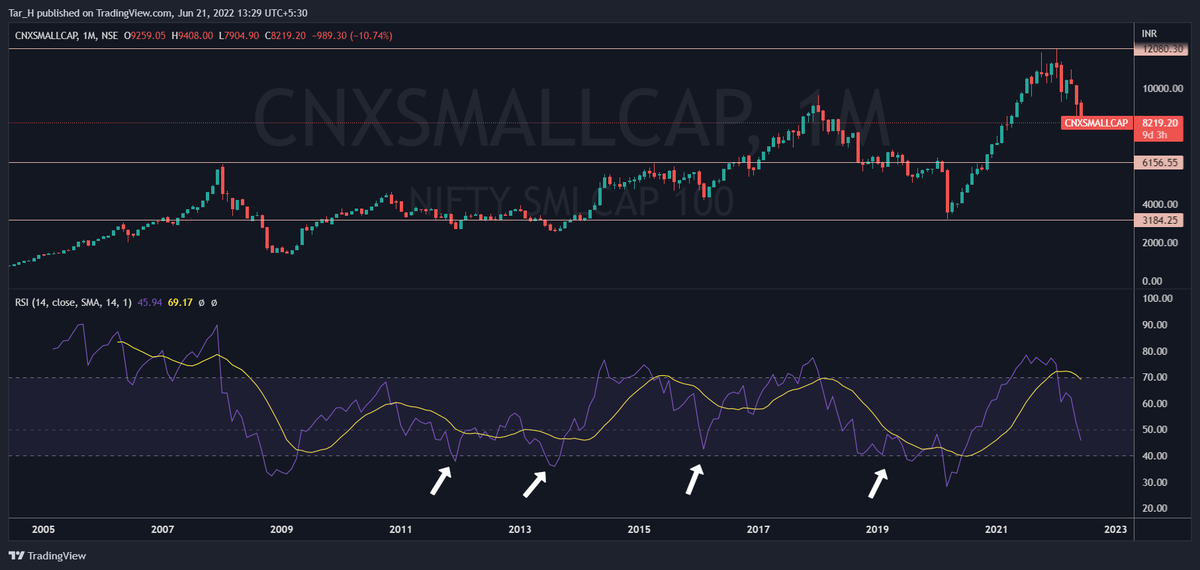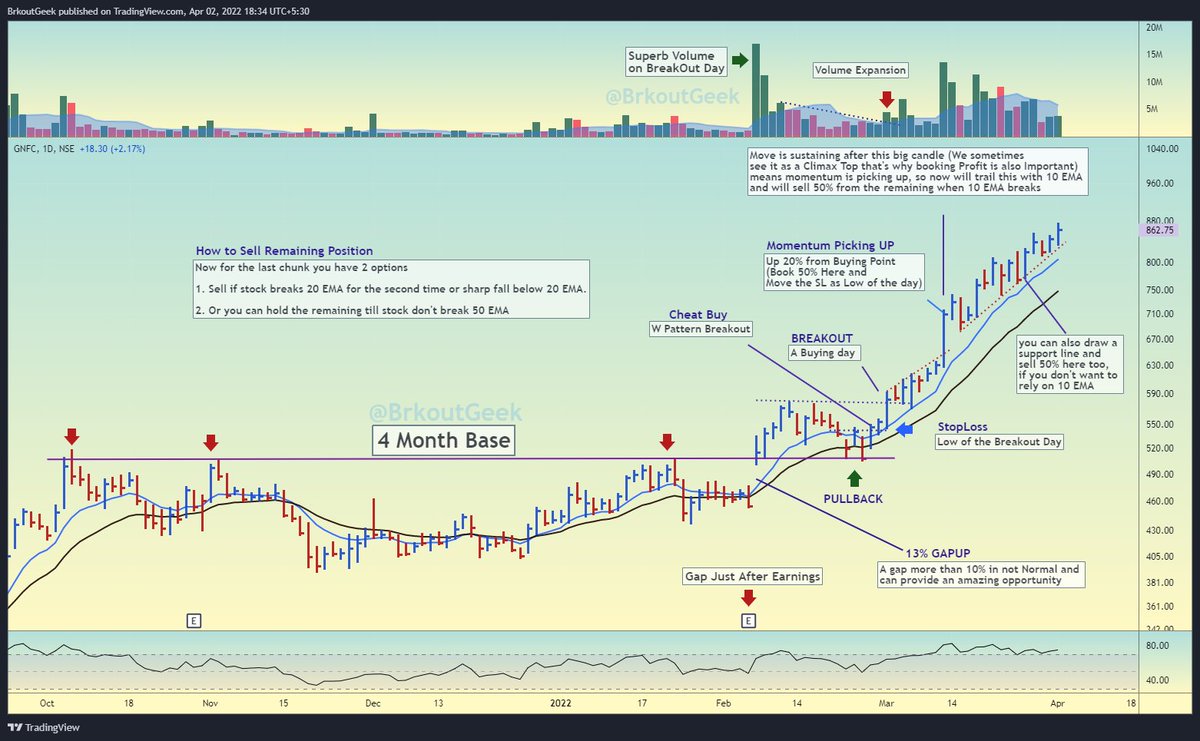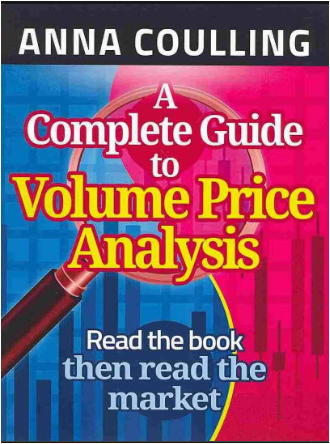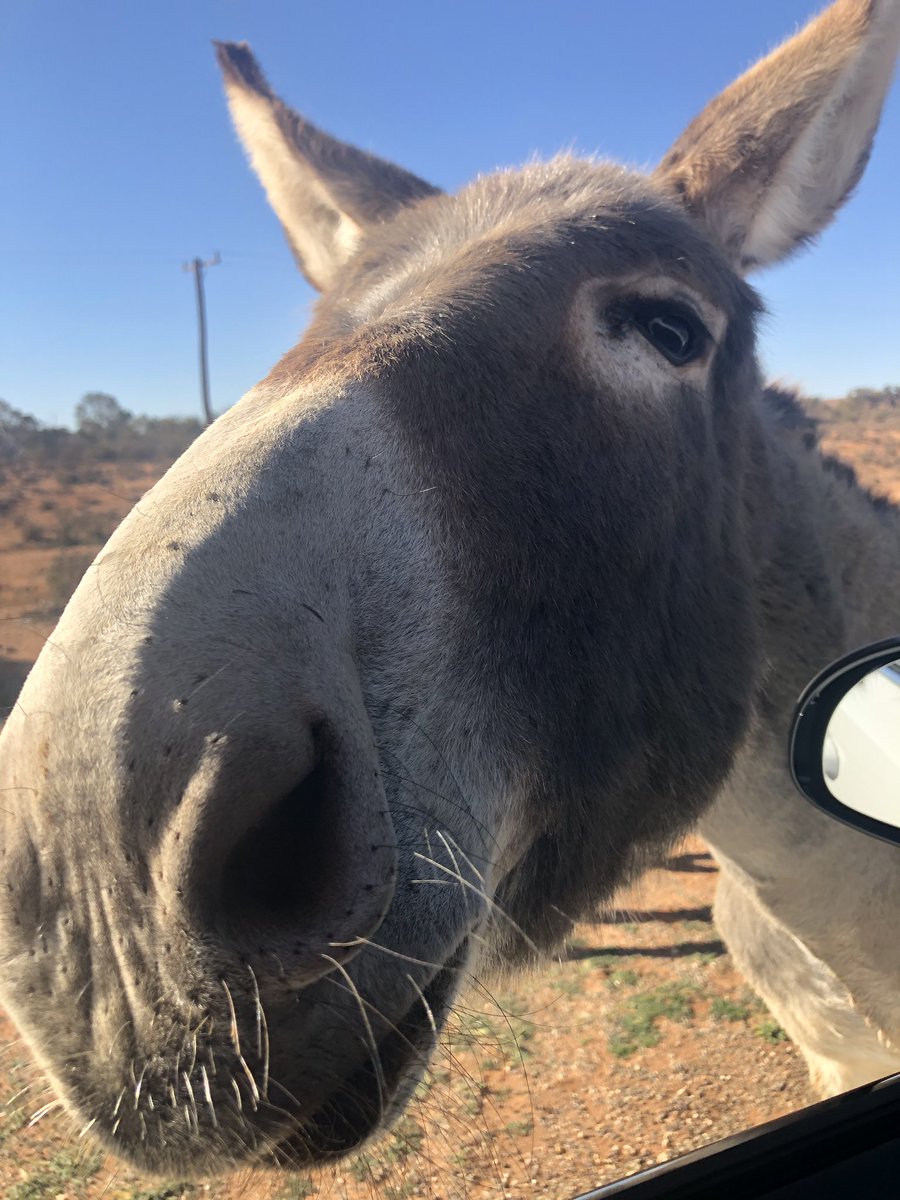5 Moving Averages Use Cases
Moving avarages rules pic.twitter.com/jgaCEzFOxw
— True market leader (@TmarketL) May 6, 2022
More from 𝙱𝚛𝚔𝚘𝚞𝚝𝙶𝚎𝚎𝚔📈
More from Screeners
Most of the indices are entering oversold territories
Take small cap index for example
Whenever Monthly RSI is below or around 40, the index bottoms out
We are getting there.
If I had 50% cash, I would have deployed some in beaten down stocks where earnings growth is intact. https://t.co/t5WwgH1V5o

Take small cap index for example
Whenever Monthly RSI is below or around 40, the index bottoms out
We are getting there.
If I had 50% cash, I would have deployed some in beaten down stocks where earnings growth is intact. https://t.co/t5WwgH1V5o

I have more than 50% cash but still worried if this is a good time. Will invest 20% by EoY
— Tamil Metaverse (@TamilMetaverse) June 21, 2022


























